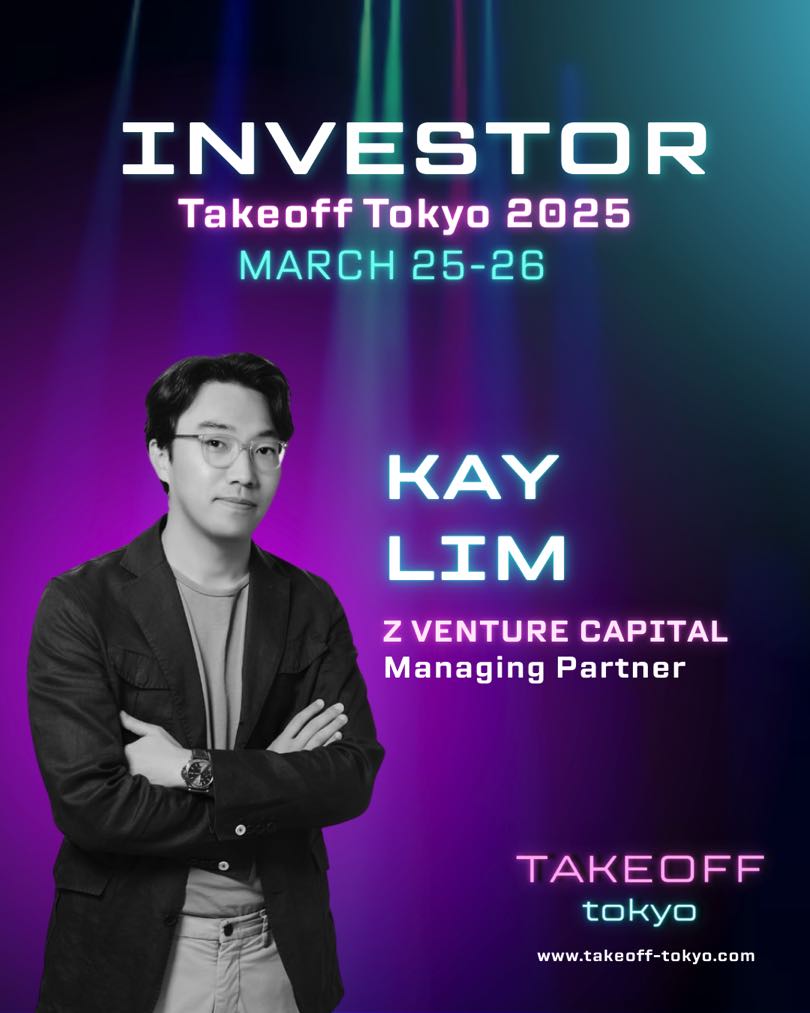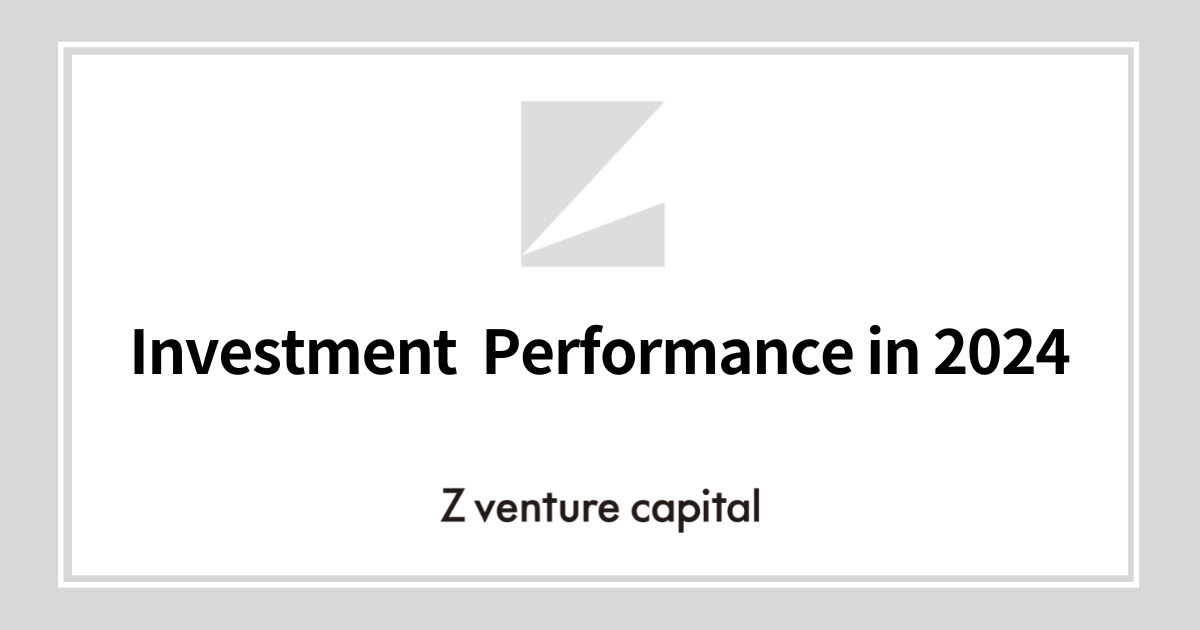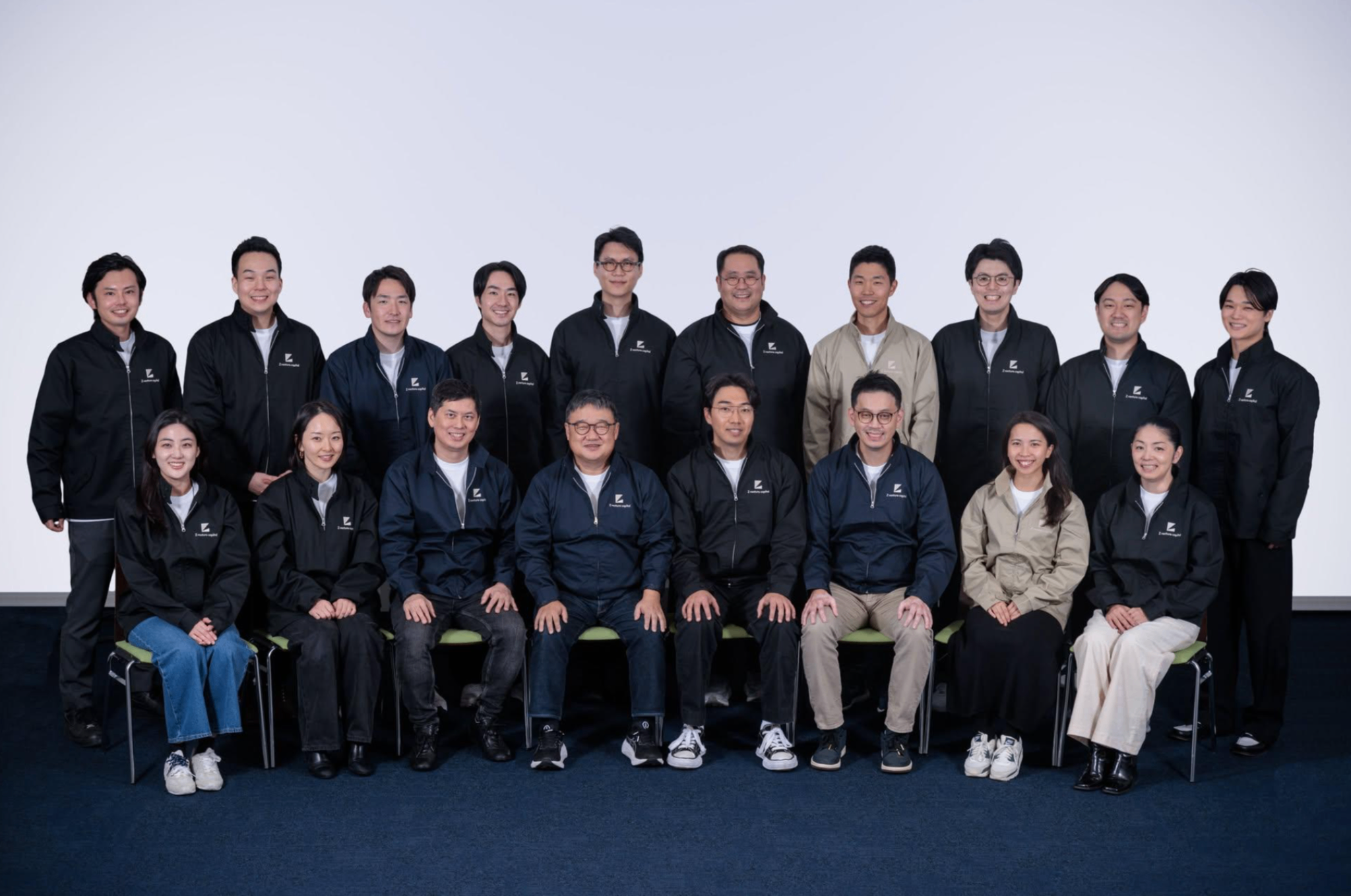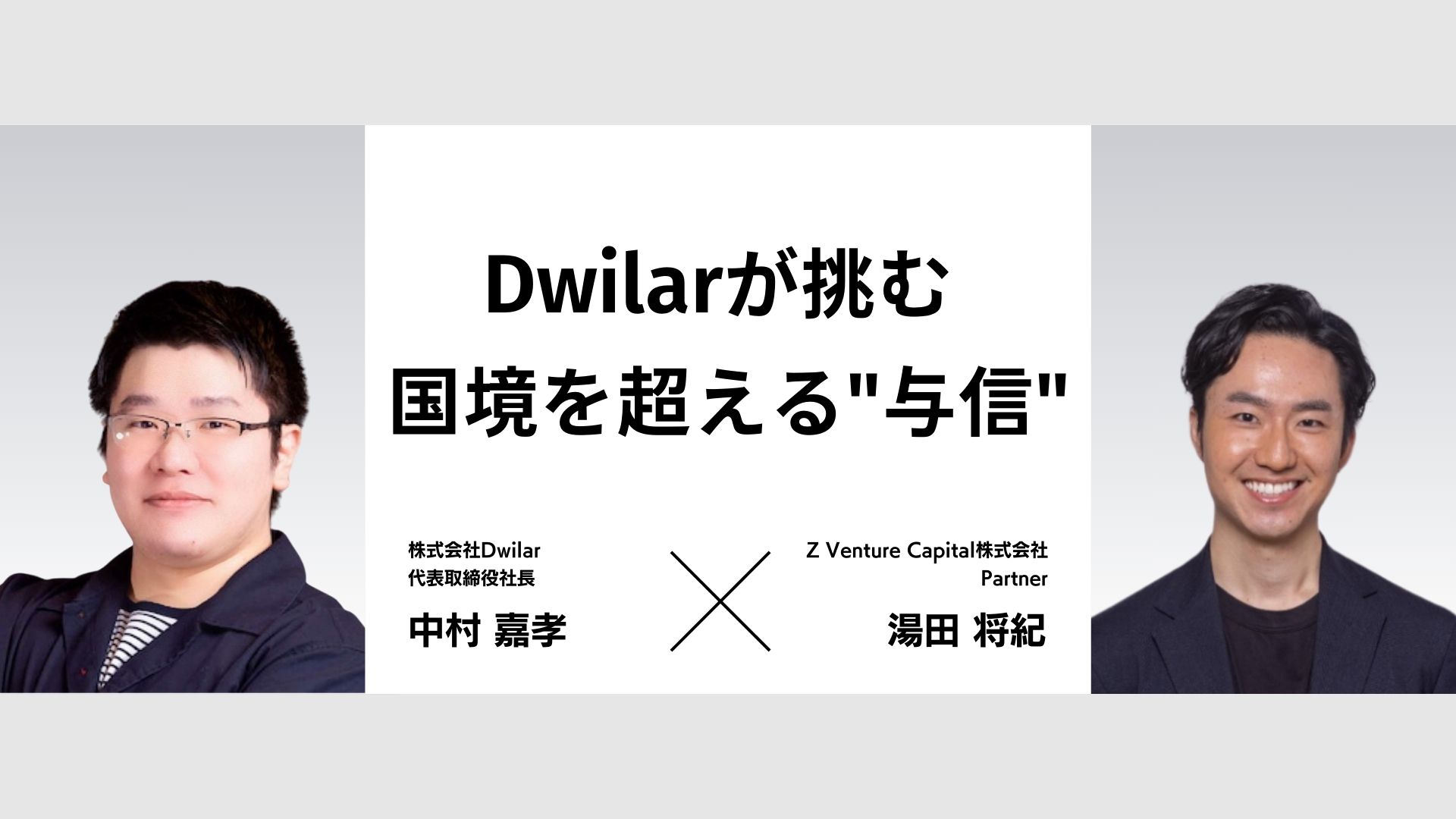
"Dwilar’s Challenge: Breaking Down the Wall of ‘Zero Trust’ Across Borders with AI"
by Shogo Takahashi
Dwilar, Inc. ("Dwilar"), backed by Z Venture Capital ("ZVC"), is using AI to break down the "credit information barrier" faced by people living across borders. To coincide with their fundraising, we held a conversation between Yoshitaka Nakamura, President and CEO of Dwilar, and Masaki Yuda, the ZVC capitalist in charge of this round. They discussed the background of this investment, synergies with the LY Corporation Group, and their message regarding hiring.
Operates credit assessment AI SaaS for foreigners in Japan and the US. Through integration with credit bureaus and open banking systems in 42 countries, enables assessments utilizing foreigners' credit information from their home countries, supporting foreigners in building their life foundation in their destination country. Strengths lie in automating complex processes using AI Agent functionality.
Participant Profiles
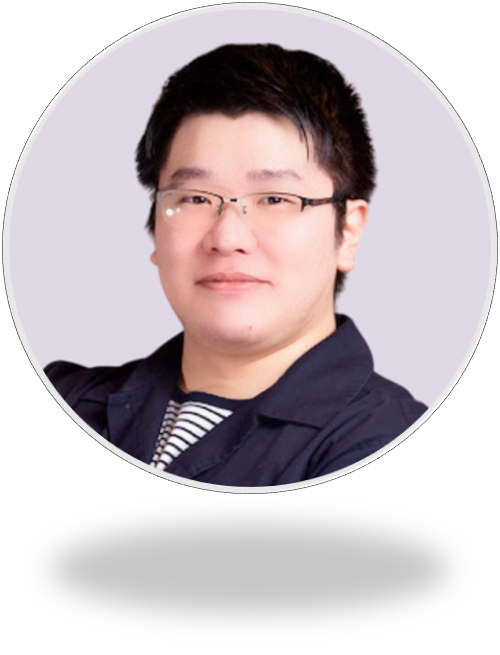
Yoshitaka Nakamura, President and CEO of Dwilar
Joined Toyota Motor Corporation as a new graduate. Worked on parts procurement in the Intelligence & IT-based Procurement Planning Office. Later moved to P&G, where he handled budget planning and control, DX projects, and the launch of new facilities. Moved to the US West Coast to pursue an MBA at UC Berkeley, and based on his own experiences as a foreigner, founded Dwilar, Inc. to provide cross-border credit services.
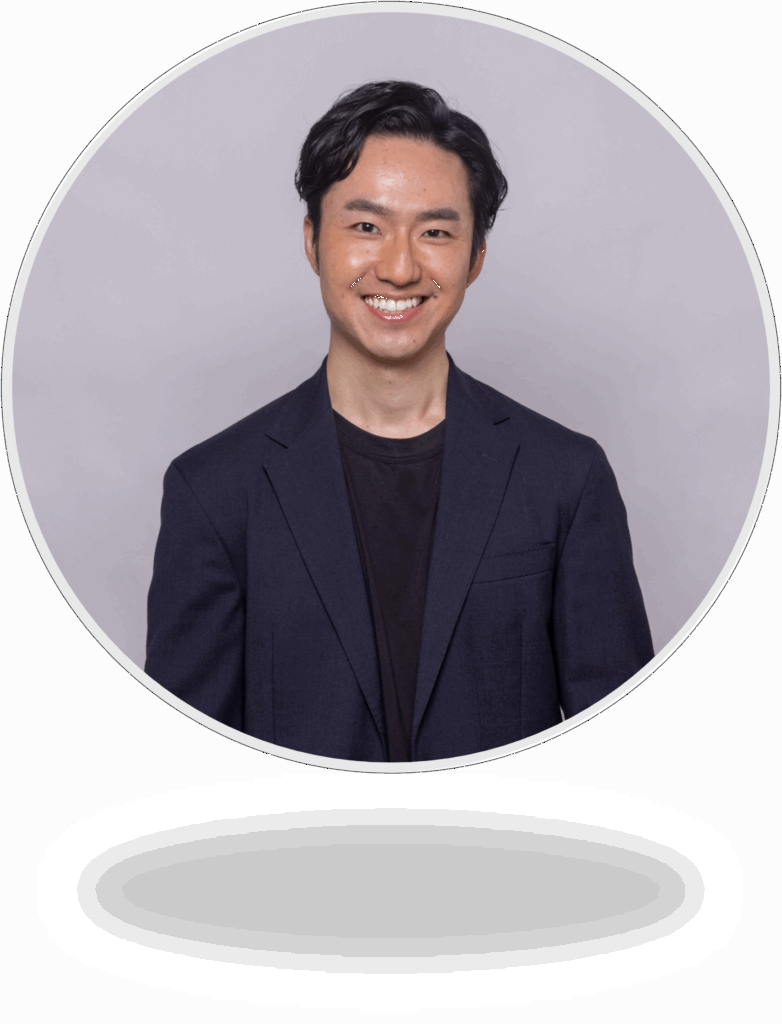
Masaki Yuda, Partner Z Venture Capital
After graduating from Waseda University School of Social Sciences, joined Yahoo Japan Corporation. After 6.5 years working in planning, marketing, and finance, joined Z Venture Capital (formerly YJ Capital) in October 2018. At Z Venture Capital, he focuses on investment activities centered on Fintech and SaaS. Previously wrote a column series introducing Fintech startups for the weekly magazine Kinyu Zaisei Jijo's "Fintech+".
"Foreigners Can't Even Get Credit Cards"—The Background Behind Dwilar's Creation
Q: Could you start by sharing your founding story?
Nakamura: I was born and raised in Japan, gained work experience, and then moved to the US to pursue an MBA. But when I started living there, it was shocking. First, I couldn't get a credit card. I couldn't get loans, and I couldn't rent an apartment.
"Just yesterday I was living a normal life in Japan, and suddenly I was being treated as having zero credit."
Q: Those are all restrictions that directly impact daily life, aren't they?
Nakamura: At first, I wondered if it was my personal problem, or perhaps discrimination? But when I looked around, all the foreigners coming to America were in similar situations.
Q: Was there a "systemic gap" beyond individual circumstances?
Nakamura: That's right. When I temporarily returned to Japan, I realized that foreigners coming to Japan faced the same challenges.
I experienced this problem firsthand so strongly that wanting to do something to eliminate this burden became a major catalyst.
Yuda: I first met Nakamura-san when he was temporarily back in Japan, right?
Nakamura: That's right. When I first met Yuda-san, we were conducting business validation as an international lending startup, and that meeting led to an investment from ZVC's seed investment program.
Then, about a year later, when I temporarily returned to Japan, there was an event that significantly transformed our business.
Yuda-san introduced me to a startup operating a real estate agency for foreigners, and when we visited them, they proposed using our credit assessment tool, which we had created and been using internally, as a SaaS product. Unexpectedly, our first SaaS contract came together. After that, when we listed companies with similar challenges and reached out to them, we closed deals with three companies in one week, and I became convinced that "there's significant market demand in this field."
As we continued to provide the credit assessment tool as SaaS after that, it became a turning point where we shifted the center of gravity of our business from our originally envisioned in-house lending business to tool provision.
Q: Having started your company in America, what differences do you actually feel compared to Japan?
Nakamura: One major difference is the timeline. For example, in B2B sales in Japan, the approval process is long, and steps like "let's start with information exchange" can continue for months. In America, even large companies often connect you to meetings quickly, and you often get a "yes" answer right during the meeting. Although you also get rejected quickly, so I'm not sure if that's better or not.
Q: Are there other differences?
Nakamura: Another one is the high interest in startups. When I ask in MBA alumni communities things like "I'm looking for someone knowledgeable in this field" or "Is there anyone who can help with this business?", I immediately get contacted by 10 or 20 people.
Looking at their backgrounds, there are people from GAFAM companies like Google and Apple, and many of them seem to be thinking "I want to take on the challenge of a startup someday." There's a warm atmosphere toward startup activities and entrepreneurs, and you can receive various kinds of support. That's something I'm glad about having come to America.
Supporting 42 Countries Worldwide, Estimating "Credit" from Transaction Data
Q: What kind of products are you currently developing?
Nakamura: We're creating an AI service product for screening credit assessments and other evaluations. Specifically, we connect with 42 countries, enabling one-click retrieval of credit information, and automatically process the tedious account aggregation and data reading and review processes for credit assessment using AI agent functionality, providing output in the desired format.
Yuda: What kind of response are you getting to the business in the US?
Nakamura: We're often compared to Nova Credit. But they primarily cover Europe with 27 countries, and their model integrates data from multiple APIs. On the other hand, Dwilar is based on bank transaction data, which allows us to make credit assessments even in countries where credit bureaus don't share data internationally, and we cover 42 countries.
Q: From an industry perspective, how significant is this impact?
Nakamura: The credit information business is common in Europe, but it's limited to the European region. Particularly in Asia and the Middle East, credit bureaus often don't provide data internationally, and building that infrastructure takes years.
So we developed a method where "if it's difficult to obtain data from credit bureaus, we can make credit assessments using bank account transactions." Being able to double the number of countries we cover through this approach is a major breakthrough, in my opinion.
Q: Where specifically is the service being adopted?
Nakamura: The service has been adopted by real estate sales and rental agencies, guarantee companies, financial institutions, and even mobile phone leasing businesses. By being able to instantly access foreigners' credit information from their home countries, the screening process has been dramatically shortened, approval rates have improved, and the burden of long-term prepaid rent and security deposits has been reduced. Particularly regarding the screening process, some companies that previously took 2-3 months can now complete it within 24 hours, leading to significant improvements in operational efficiency.
Q: What has the market reaction been like?
Nakamura: Yes, currently the service is primarily used by Japanese real estate companies when assessing the creditworthiness of foreign tenants.
The number of foreigners moving to Japan is said to reach several hundred thousand annually. Furthermore, according to U.S. News & World Report's "Best Countries 2024" survey, Japan is the only Asian country in the top 10 of the "Countries People Want to Live In" ranking, attracting considerable attention, and we're receiving many inquiries from real estate companies both domestically and internationally.
When foreigners look for housing in Japan, they face challenges: (1) credit assessment, and (2) limited operators willing to work with foreigners. The cycle of searching for accommodating shops, visiting multiple locations, finally proceeding with paperwork only to be rejected during screening, and having to start all over again—all while dealing with language barriers—is a tremendous burden requiring time and patience.
So while we currently provide automated credit information, we want to expand that process in the future. From the stage of searching for real estate companies, we envision automating the entire process that foreigners typically struggle with, including communicating and negotiating with multiple companies simultaneously and providing tailored credit information to each real estate company.
Expectations for "Founder-Market Fit" / Collaboration Plans with LY Corporation
Expectations for "Founder-Market Fit" / Collaboration Plans with LINE Yahoo
Nakamura: When it comes to Yuda-san, among our existing investors, he's the first person who comes to mind in various situations—whether I need an introduction, want contact information, or need a letter of recommendation. I think, "He'll probably welcome this with a smile." It's been tremendously helpful in terms of communication.
Yuda: Thank you (laughs).
Nakamura: Without being conscious of anything in particular, I think he just naturally provides support, and that attitude is so comfortable—I think it's truly the foundation of trust.
Yuda: We invested in Dwilar once at the founding stage, and this is our second investment. I've been watching the fintech space for a long time, and we've seen an increase in startups and even some banks undertaking innovative initiatives domestically.
In that context, what I considered a major investment opportunity was precisely solving cross-border challenges.
With the increase in inbound demand and more foreign visitors to Japan, as well as the need to streamline complex transactions when Japanese companies expand overseas, I felt there was significant demand. Moreover, Nakamura-san himself has extensive financial knowledge and is working on the business while experiencing these challenges firsthand living in America. I think "Founder-Market Fit" is the perfect term. Given this background, I wanted to invest in Dwilar's challenge.
Q: I can really feel Yuda-san's trust in Nakamura-san.
Yuda: I'm constantly amazed by Nakamura-san's drive and the speed of his PDCA cycles..
For example, when I suggest, "Why don't you meet with this company?" within a month he's built a new business plan and actually closed a contract. That speed is the source of my trust. Even when a business pivot was necessary, he generated solid traction within two months. That's why I didn't hesitate to make this follow-on investment—that's my honest feeling.
Q: Having raised funding from ZVC, LY's corporate venture capital, what do you expect from collaboration with LY Corporation going forward?
Nakamura: Until now, automated credit assessment has been our main focus.
Going forward, we want to use AI to automate the entire process from property search → credit assessment → negotiation → contract execution in a one-stop manner. The image is that users simply chat on LINE saying "Find me a room with these conditions."
Behind the scenes, our AI agent will:
1. Instantly obtain credit data from bank transactions
2. Create a list of candidate properties and negotiate simultaneously with multiple real estate companies
3. Structure the optimal deal and present it "one step away from the final contract"
—All of this fully automated. For foreigners navigating unfamiliar real estate procedures, we're aiming for an experience where "leaving it all to AI gets you the keys at the lowest cost and fastest speed."
Yuda: It would be interesting if we could implement that UX in LINE, which people use every day. LINE has a strong market share in Korea and Southeast Asia as well. If foreign visitors don't need to install a new app in an unfamiliar country and can complete everything through the familiar chat UI, the barrier to using the service becomes much lower.
Nakamura: LINE's reach in Japan is overwhelming. I think the combination of chatbot + AI credit + real estate API is ideal. Eventually, we want to expand beyond apartment hunting to "life situations involving credit assessment" such as mobile phones and financial services.
Yuda: I think credit information isn't limited to real estate alone. It can be used across many domains—installment purchases of appliances and smartphones, instant issuance of credit and debit cards, or loan services for people moving from overseas to Japan or from Japan to Southeast Asia.
Precisely because LY has "vertical" businesses in payments, telecommunications, media, etc., I have this image that if Dwilar's cross-border credit infrastructure is added, the entire group's services could connect seamlessly, and that's what I'm hoping for.
Hiring—Seeking "People Who Can Thoroughly Focus on User Challenges"
Q: I'd like to ask about hiring as well. Could you tell us about your current team composition?
Nakamura: We have 11 people total: 4 full-time and 7 part-time. On the business side (sales, finance, alliances), there are 4 people including myself. On the development side, we have backend, frontend, and designers, plus experienced professionals in market analysis and other areas working part-time to run default rate estimation models and such.
Q: Where does everyone live?
Nakamura: Three people are in Japan, and the rest are in the US or Canada. Many of our members have experienced struggles coming to America or Japan as foreigners, and they joined because they personally felt "this really needs to be solved—it's not fair."
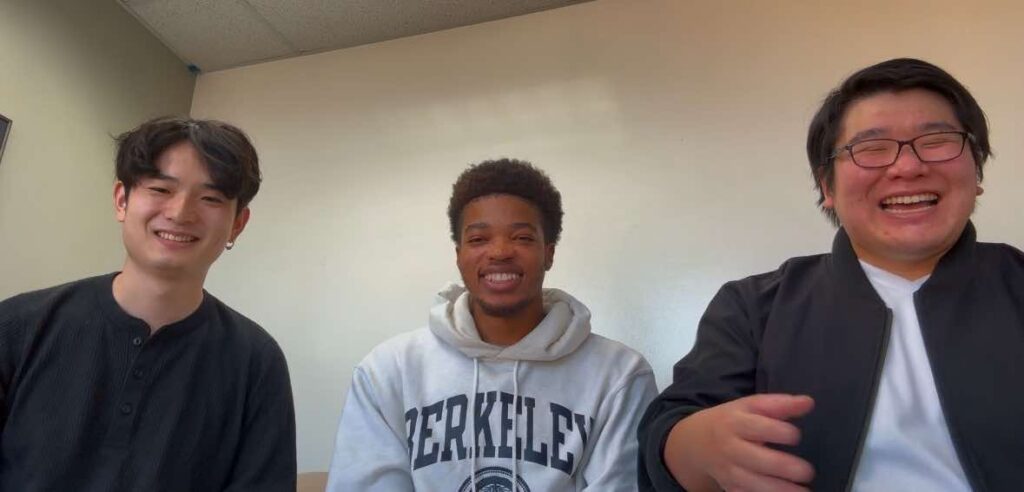
Nakamura-san chatting with engineers (left and center) in the US
Q: Could you tell us about what's unique to Dwilar?
Nakamura: We've set getting into Y Combinator, the Silicon Valley-based accelerator, as our goal. Applications come up once every three months, so we often operate on that cycle.
Before the next YC application, we set goals like "Let's get ARR to this amount" or "Let's advance the product to this point." We run for three months, and if it doesn't work out, we start running again—we keep turning that cycle.
Last time we made it to about the top 10%, so we're working hard with a shared understanding among members that it would be great if we could achieve our goal of top 5%, top 2% by around the end of the year.
Q: What kind of talent are you looking for right now?
Nakamura: Our engineering team is entirely based in the US. In that context, we're seeing increasing demand from customers and partner companies in Japan who want to use our service, so we have a strong need for AI engineers on the team who understand Japanese business practices.
Particularly in real estate, questions like what kind of communication should we have with real estate companies, where should we focus in negotiations to make the PDCA cycle work well—compared to Western countries, there's often a demand for more interpersonal, relationship-based communication. We really want to place someone with the understanding and sensibility to handle how AI should adapt to these aspects, so we're definitely looking to recruit people with a Japanese background who can work with us on development.
Q: What are your aspirations for the company's scale in the near future?
Nakamura: Regarding engineers, I want to focus on developing good products with an elite team as efficiently as possible, without waste.
Q: What's your ideal type of person you want to work with?
Nakamura: Whether in sales or product development, above all I want people who can put themselves in the users' shoes.
Of course, we want to create interesting and new things, but I think it doesn't mean much if we're not solving customer problems. I really want to work with people who can work on that together with us.
Also, regarding AI, since we're based in America, it would be good to have people who can adapt to the dynamism where common sense literally changes in a week. What we thought we'd do is often two generations behind by the time we implement it, and there are many instances where we realize "this way is definitely better now," so I think people who can enjoy constantly catching up with the newest and best approaches are well-suited.
Q: Thank you. Finally, could you please share a message for potential candidates?
Nakamura: I'm absolutely convinced that being able to work on AI agent development in America—specifically in Silicon Valley—one of the hottest topics right now, is truly exciting. If you'd like, you're welcome to relocate to the U.S., or you can visit periodically—either arrangement works for us.
We're also actively recruiting foreign engineers living in Japan. Fluency in Japanese is not necessarily required, and we'll actively provide visa support and other assistance. If you've actually lived in Japan and experienced the challenges firsthand, I'd be thrilled if we could work together to create a product that users truly love. Conversely, even if you're not quite confident in your English yet, as long as you have passion for the work and are willing to study hard to improve, I believe we can create a new future together. Please feel free to reach out.
Yuda: As a Japanese AI startup diving into Silicon Valley, being able to take on a global challenge is incredibly appealing. We want to build products that can win globally, so if you think you're up for it, please don't hesitate to get in touch. Let's create the future together.
If you're interested in recruitment opportunities or would like to discuss Dwilar, please contact us through the social media links below.
LinkedIn here
(Sources)
*¹ Nova Credit(https://www.novacredit.com/)
*² U.S. News & World Report 「Best Countries 2024」(https://knowledge.wharton.upenn.edu/article/what-are-the-best-countries-of-2024/)
 Share
Share Share
Share Share
Share
